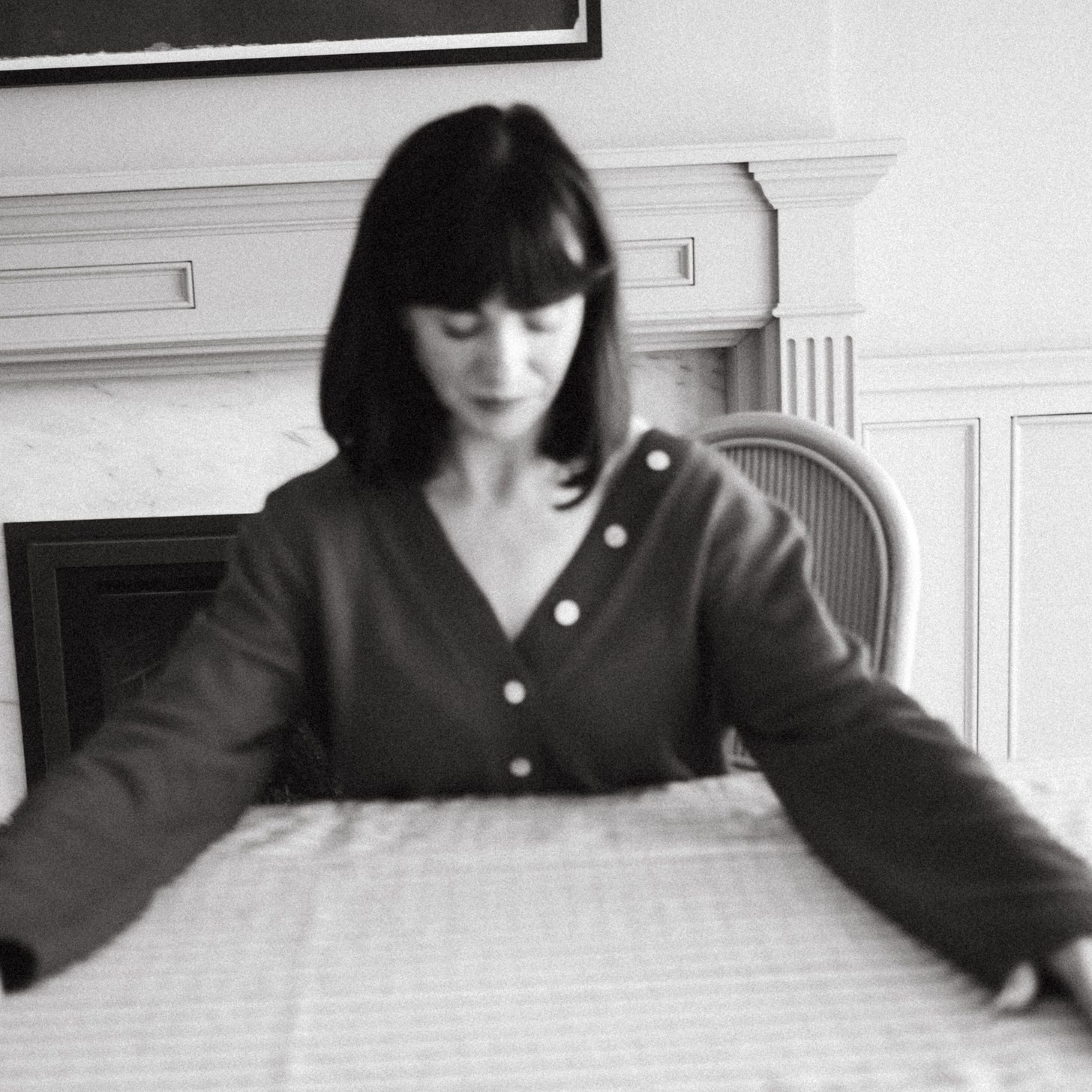The Courage to Try Less
And the sneaky ways we abandon ourselves in the process.
The second half of our life starts when we stop glorifying our efforts to become “someone” and find permission to ride the waves of life as the people we are.
In my last House Call essay, I shared my history of trying—the push not for excellence but for validation and “goodness” through self-defined, outward-facing indicators of success. I wanted to dig deeper into how we blur the line between validation and self-expression—specifically in our homes. The two sit so close to one another that it can be imperceptible to tell the difference until we feel the guilt of discontentment when we should be feeling proud of what we achieved. Many of us repeat this cycle until something breaks, and then we look for a new way to move through the world.
So, how do we know when trying less will bring us closer to what we seek?
As I’ve become a curious witness to my habit of overcompensating, a clearer picture of myself has emerged. It wasn’t that I had to give up trying for the career and life I wanted. Rather, I needed to give up trying to be someone I wasn’t. When we witness ourselves overcompensating through effort and pressure, we create space between ourselves and what we seek—and they are not the same. Our efforts can either alchemize into growth or keep our true selves hidden beneath a mask of achievement.
Two sides of the same coin with very different outcomes.



